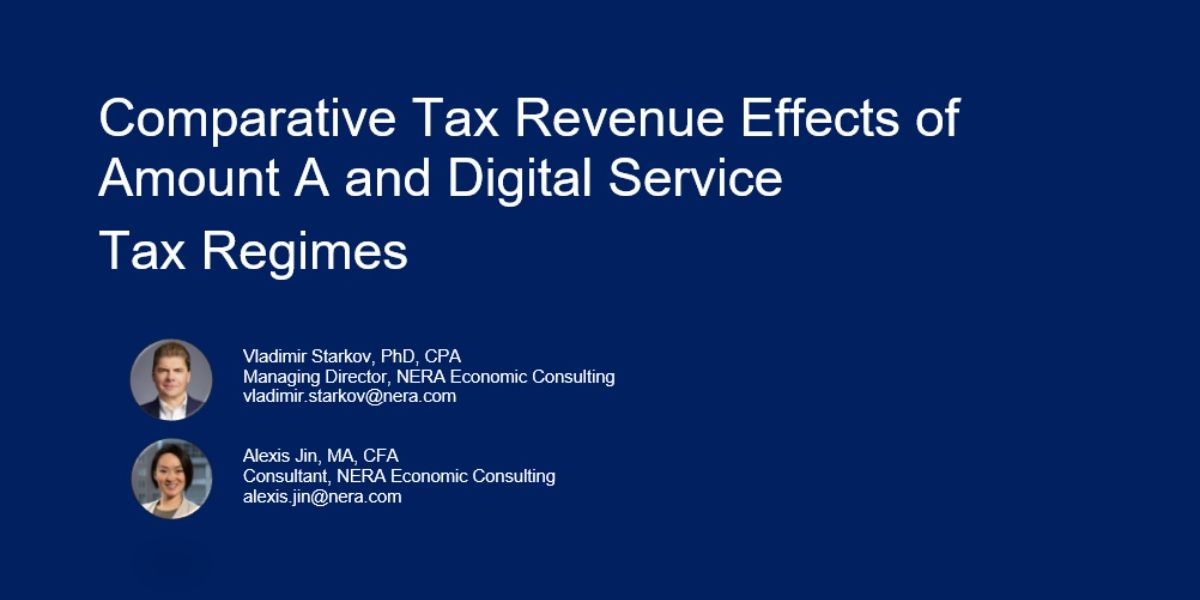A collective investment vehicle (CIV) is an arrangement that permits investors to pool their money and to purchase investments from that pooled fund rather than buying the investments directly as individuals. The report on Action 6 of the project on base erosion and profit shifting (BEPS) contained recommendations on the extent to which collective investment vehicles and their investors are entitled to tax treaty benefits. However in the case of funds that do not come within the definition of a collective investment vehicle the report noted that there would be further consideration.
On 6 January 2017 the OECD issued a discussion draft containing examples on the interaction of the tax treaty provisions of the BEPS report with the treaty entitlement of non-CIV funds.
Last year the OECD issued a consultation document on the subject with various questions concerning possible problems arising from the application of the BEPS recommendations in the case of non-CIV funds and how these problems could be dealt with. Following consideration of the comments received on that discussion draft the latest consultation paper provides information on the latest developments on the subject and conclusions arrived at when the relevant OECD Working Party met in May 2016. The latest draft also provides information on the development of examples of the way in which the Principal Purposes Test (PPT) will apply in the case of some common transactions concerning non-CIV funds.
Comments are invited on the examples by 3 February 2017. The comments are to be discussed at the February 2017 meeting of the Working Party.
















